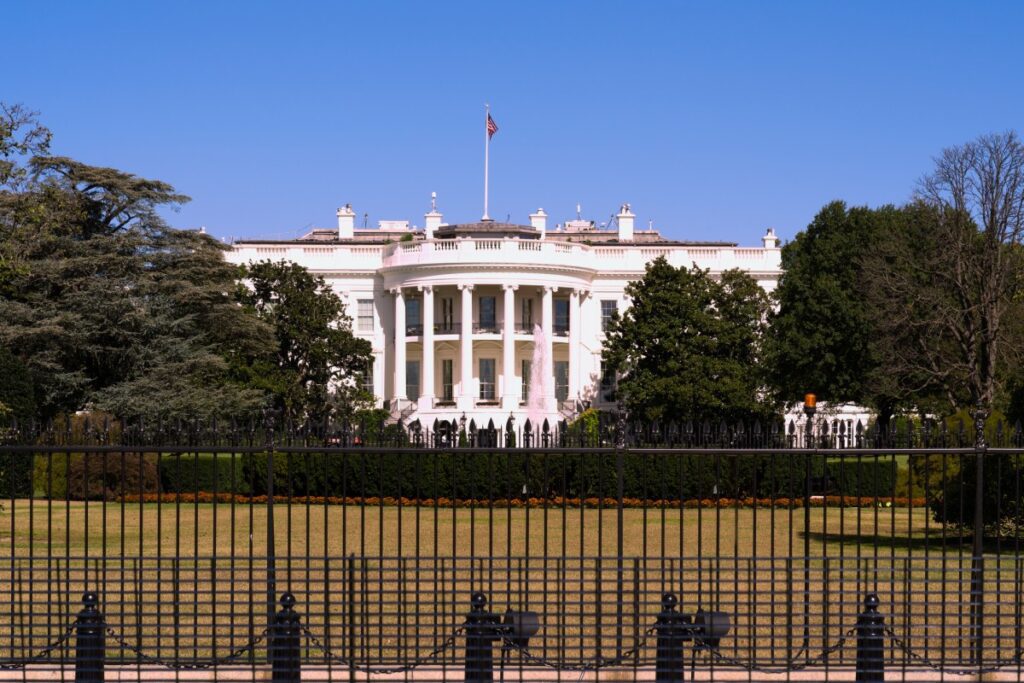New U.S. Regulations Target Chinese Investment in AI and Advanced Technologies
In a significant move to safeguard national security, the Biden administration is putting the finishing touches on new regulations that will restrict investments in artificial intelligence (AI) and other advanced technological sectors in China. This comes as a response to growing concerns about military and surveillance capabilities amid escalating geopolitical tensions.
Understanding the New Regulations
According to a report from Reuters, these regulations were initially proposed by the U.S. Treasury in June 2023, following an executive order signed by President Biden a couple of months later. The rules specifically focus on critical technologies, including AI systems, quantum information systems, semiconductors, and microelectronics. The targeted sectors are seen as essential for developing military tools and intelligence-gathering techniques, including sophisticated code-breaking systems and next-gen fighter jets.
Key Components of the Investment Ban
Starting January 2, 2024, investors will not be allowed to provide financial support or “intangible benefits” — such as managerial expertise or access to valuable talent networks — that could help enhance China’s military and cybersecurity capabilities. These restrictions also extend to other countries deemed as “countries of concern,” indicating a broader strategy to counter potential threats.
The newly established Office of Global Transactions at the Treasury Department will oversee these rules, ensuring compliance and monitoring of investments that could impact national security. However, it’s worth noting that there is a provision allowing U.S. investment in publicly traded securities, although previous directives already restrict trades involving certain designated Chinese companies.
The Bigger Picture: Why This Matters
These regulations reflect a growing urgency for the U.S. to maintain its technological edge and safeguard critical information from falling into the hands of rival nations. With countries like China rapidly advancing in tech capabilities, including AI development, these measures are aimed at preventing any potential exploitation of American innovations for military purposes.
Imagine the implications: a groundbreaking AI system developed with American resources could be repurposed to bolster a rival nation’s military forces. By curbing these investments, the U.S. attempts to ensure that its advancements in technology remain a source of national strength rather than vulnerability.
Real-Life Context: The Race for Technology Superiority
The tech rivalry between the U.S. and China affects everyone, from entrepreneurs launching the next AI startup to consumers enjoying the benefits of technological advancements in daily life. Take, for example, the AI advancements that have transformed industries — from healthcare to entertainment. When we consider our daily reliance on smart devices powered by advanced algorithms, understanding the implications of these regulations becomes all the more critical.
A Call for Awareness and Action
As these regulations take effect, it’s essential for individuals interested in AI and technology to stay informed. Knowledge about these developments can empower you to make better decisions, whether you’re an investor or simply an enthusiast eager to understand the complexities of global tech dynamics.
The landscape of AI and technology is constantly shifting, and with new regulations, there’s a lot to digest. By keeping abreast of these developments, we can collectively navigate the future of AI with insight and awareness.
In conclusion, the Biden administration’s new measures reflect a proactive stance in ensuring national security while striving to preserve the innovations that have placed the U.S. at the forefront of technological advancement.
The AI Buzz Hub team is excited to see where these breakthroughs take us. Want to stay in the loop on all things AI? Subscribe to our newsletter or share this article with your fellow enthusiasts.




